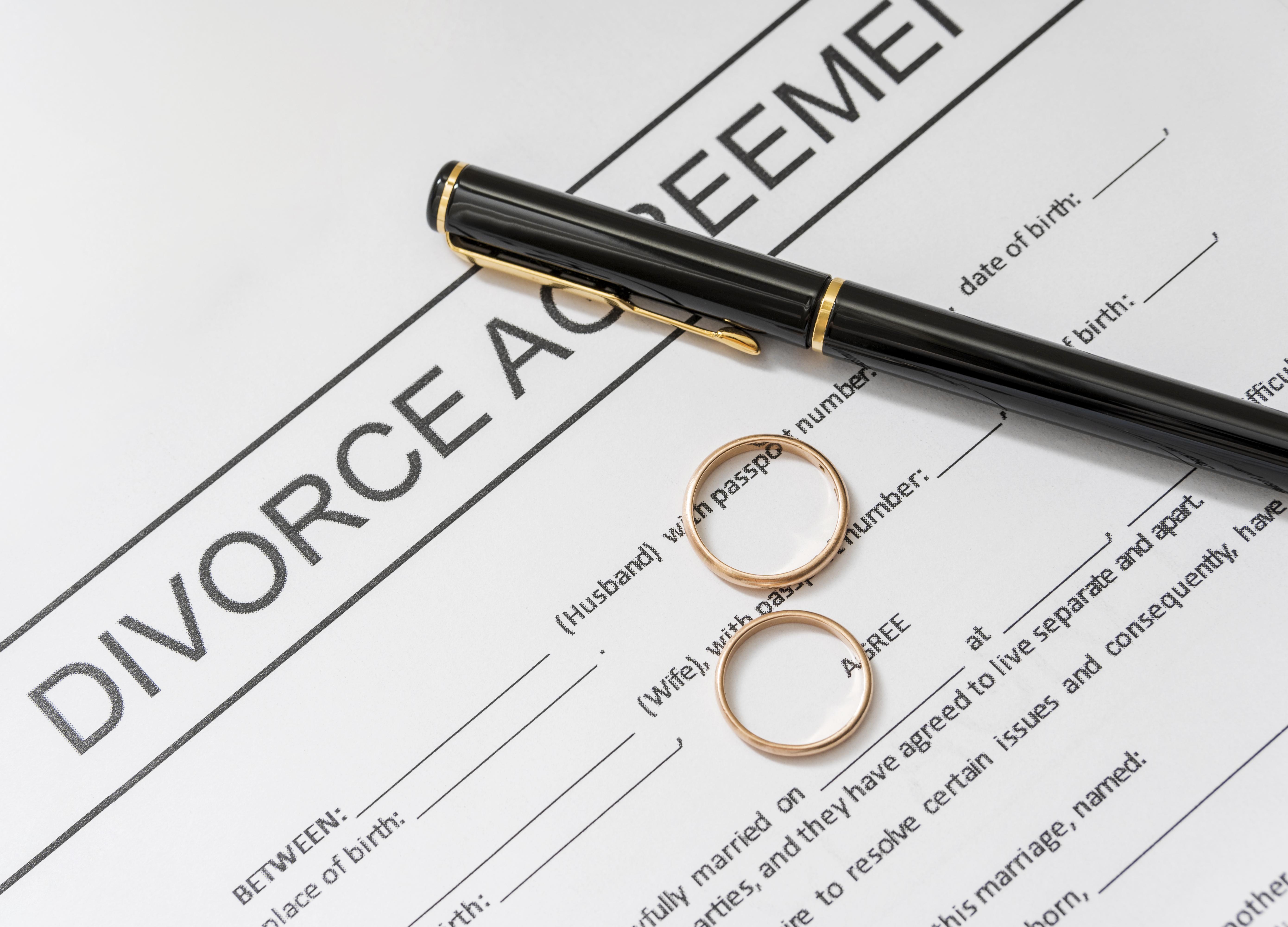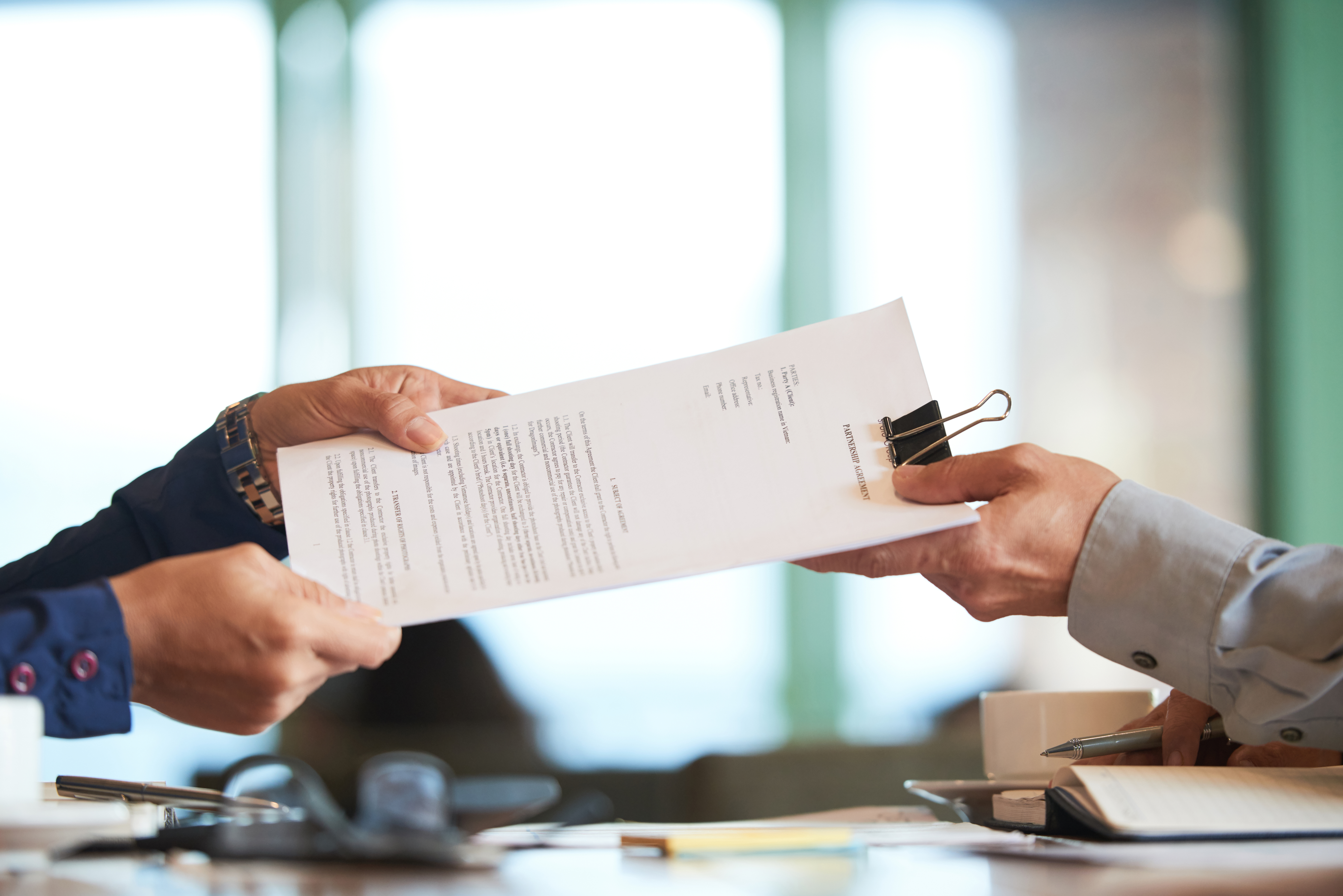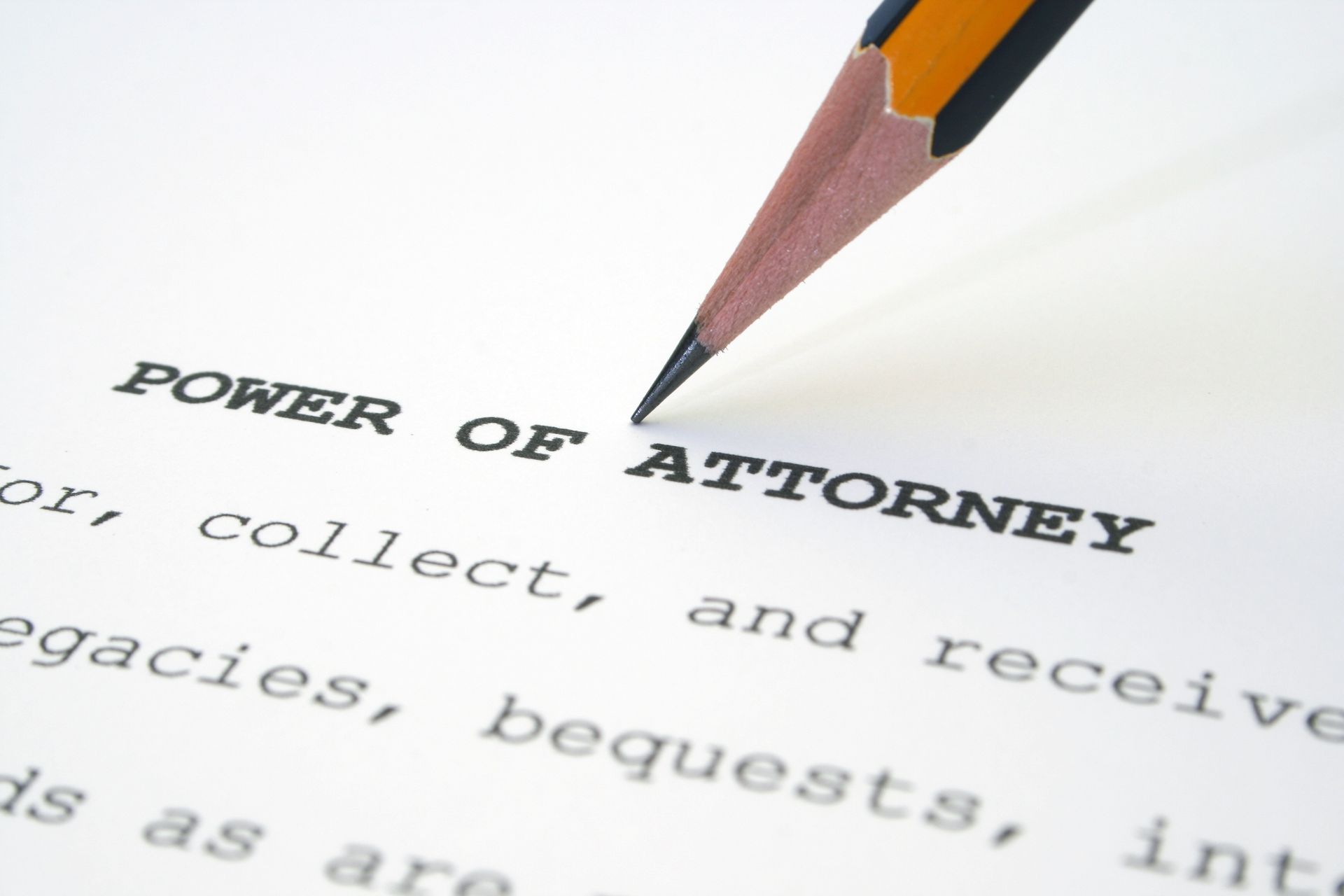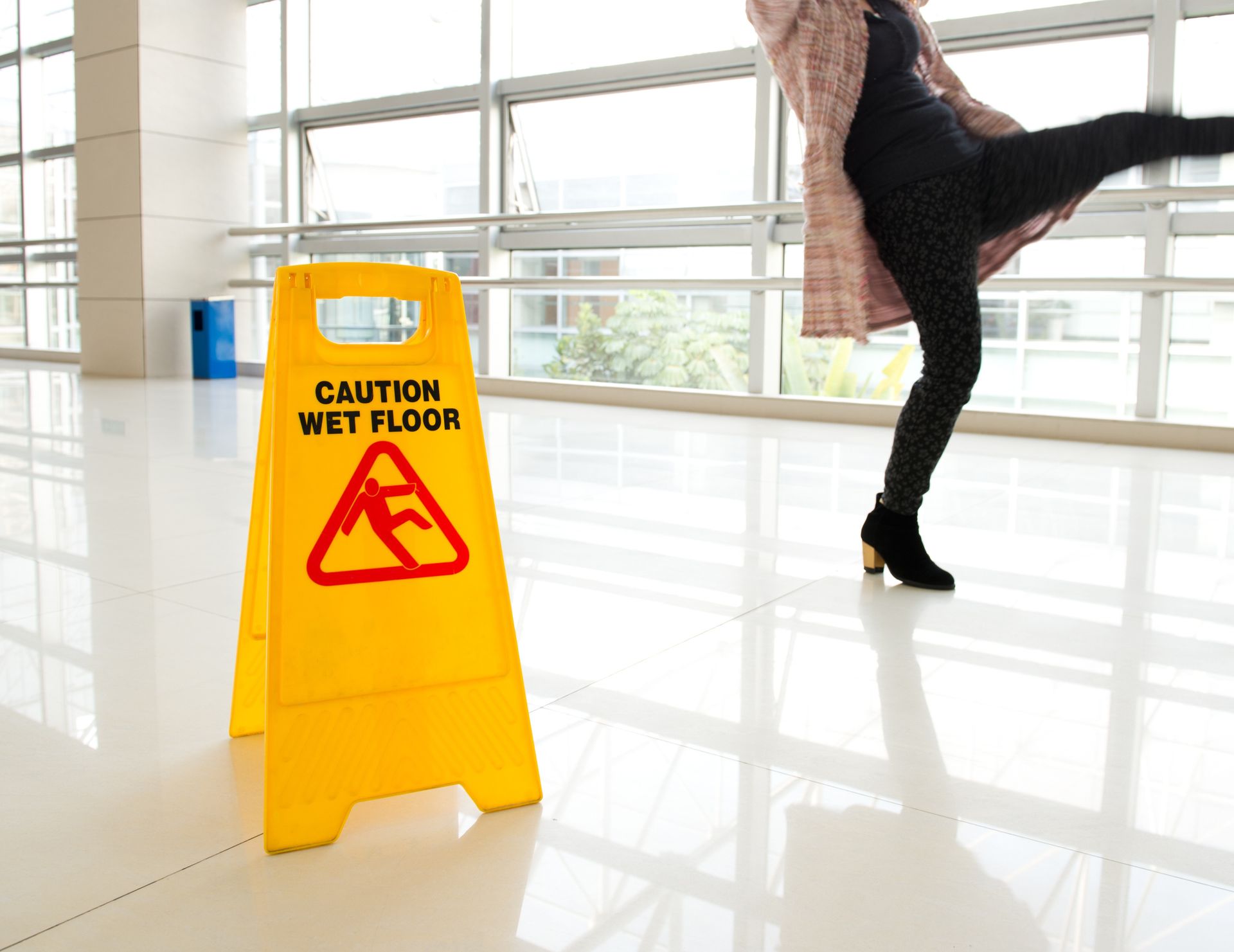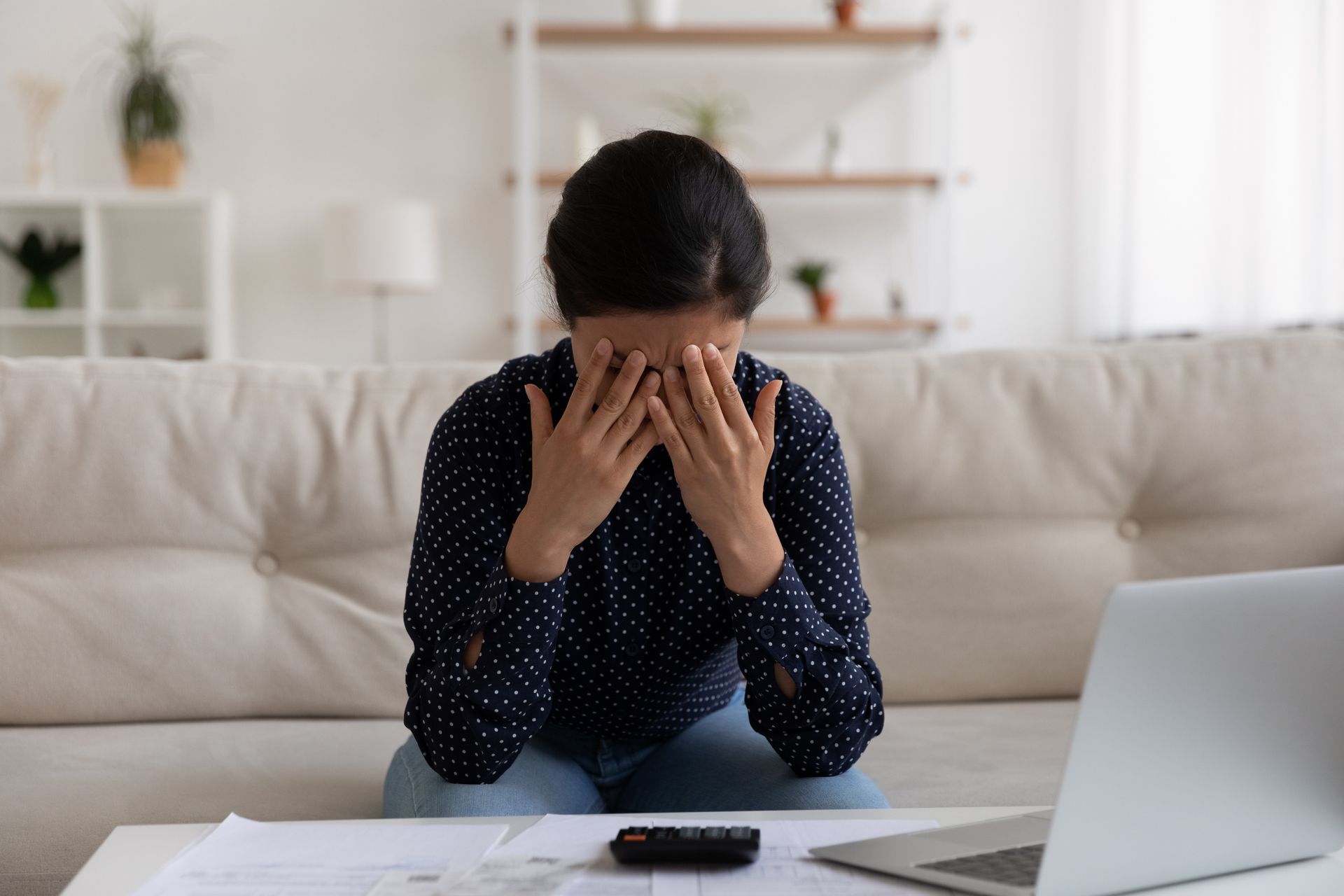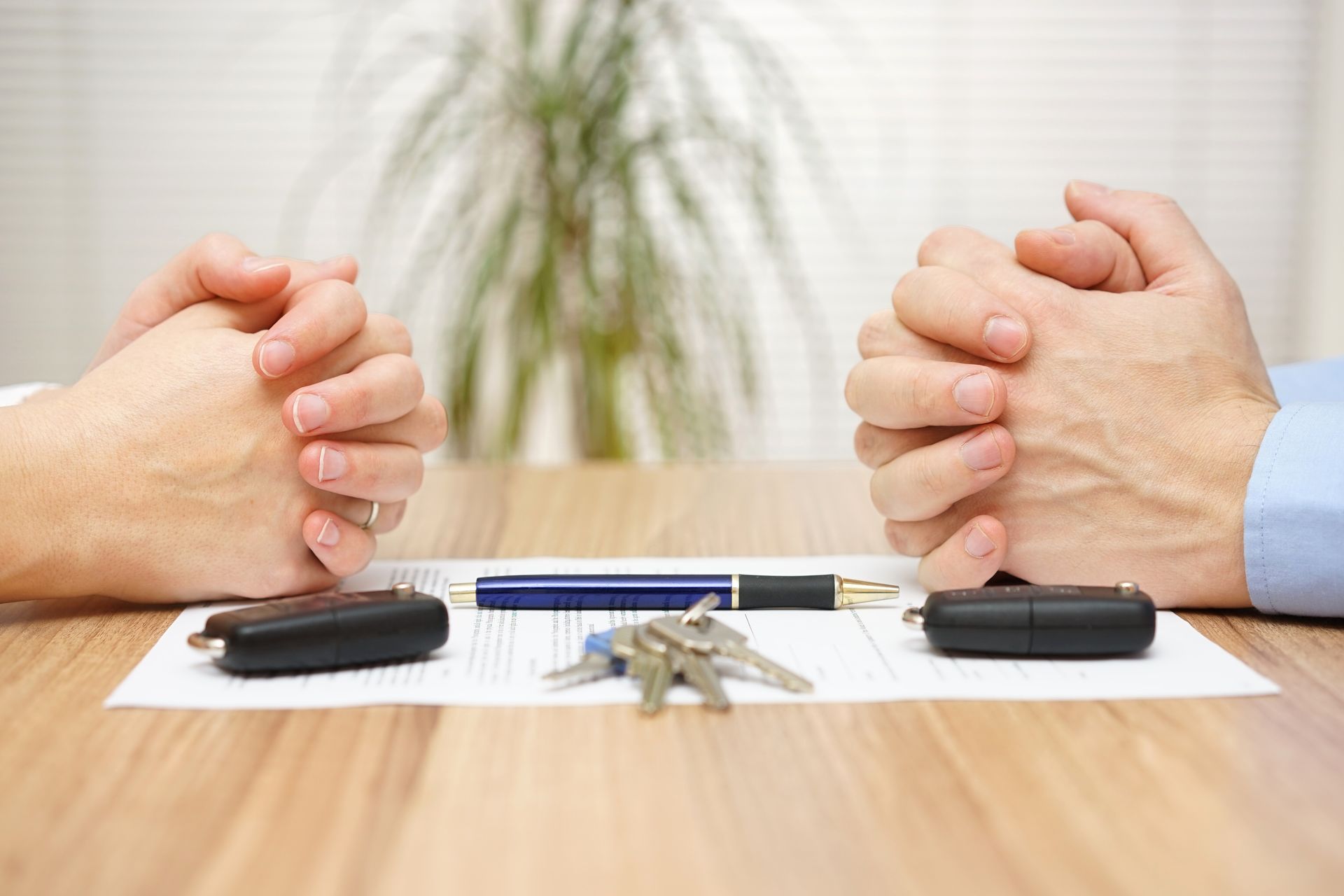Blog
Understanding Why January Is Dubbed “Divorce Month”
January is sometimes known as “Divorce Month” due to the noticeable increase in divorce filings after the holiday season. This trend might seem surprising at first, but there are a variety of...
Read more
Understanding a Guardian's Fiduciary Duties
Taking on the role of a guardian for a loved one facing serious health challenges can feel overwhelming. It's important to understand your responsibilities, especially fiduciary duties, which will...
Read more
Essential Strategies for Safeguarding the Future of Vulnerable Loved Ones
Financial planning typically emphasizes investment strategies and retirement goals. However, it's equally crucial to focus on safeguarding the financial future of loved ones who may not manage...
Read more
Child Passenger Safety: Simple Steps, Big Impact
Don't Overlook the Lifesaving Importance of Child Car SeatsLife often throws us into a whirlwind of activities, making it easy to overlook critical details, like child car seat safety. Yet, it's...
Read more
Selling Your Home? Know Your Disclosure Obligations
Selling a home is not only a major financial transaction, but it also carries significant emotional weight. As you prepare for this milestone, it's critical to remember that it involves serious...
Read more
Bankruptcy and Student Loans: Is Discharge Possible?
If you're drowning in student loan debt, you're not alone—and you may be wondering whether bankruptcy could offer a way out. While it's commonly said that student loans can’t be discharged in...
Read more
Legal Tips for Co-Parents Planning Summer Vacations
Summer vacations evoke excitement and anticipation, offering a break from the routine and a chance to create lifelong memories with your children. For co-parents, however, planning a summer getaway...
Read more
New Homeowners: Key Legal Tips for National Homeownership Month
June is National Homeownership Month, a time to celebrate the excitement of owning a home. As a new homeowner, it’s essential to balance this enthusiasm with a keen understanding of your legal...
Read more
Navigating Divorce During Mental Health Awareness Month
Understanding the Emotional Impact of DivorceMay is Mental Health Awareness Month, a timely reminder of the impact significant life transitions can have on our mental well-being. Divorce, often...
Read more
What Really Happens When You File for Bankruptcy?
Filing for bankruptcy is a major decision—and if you're considering it, you're probably already under a lot of financial stress. There's a lot of misinformation and fear out there about what...
Read more
Medical Debt and Bankruptcy: How to Protect Yourself from Financial Ruin
Medical Debt and Bankruptcy: How to Protect Yourself from Financial RuinMedical debt is one of the leading causes of bankruptcy in many countries, posing a significant threat to individuals'...
Read more
How to Handle Harassment from Debt Collectors Before Filing for Bankruptcy
Understanding Debt Collector HarassmentDealing with debt can be difficult. Debt collectors are persistent, making frequent calls or sending letters. If you're nearing bankruptcy, harassment can...
Read more
Top 5 Signs It’s Time to Consider Filing for Bankruptcy
Top 5 Signs It’s Time to Consider Filing for BankruptcyFinancial trouble can be overwhelming, but bankruptcy may offer a path to regain control. Here are the top five signs that it might be time to...
Read more
Facing Financial Challenges? Learn How Bankruptcy Can Help
In today's unpredictable economic climate, financial stability can feel increasingly out of reach. For many, the prospect of bankruptcy may seem daunting, but it's essential to understand that it...
Read more
How is Alimony Determined in Florida?
How is Alimony Determined in Florida? Alimony, also known as spousal...
Read more
Power of Attorney in Florida
As a resident of Florida, it's important to understand the power of attorney and how it can benefit you and your loved ones. A power of attorney is a legal document that allows you to appoint...
Read more
Understanding Homeowners Insurance Coverage for Slip-and-Fall Injuries in Florida
Navigating through the clauses of homeowners insurance policies can be as daunting as trying to tread carefully on a slippery floor. For Florida residents, understanding the specifics of such...
Read more
What to do if Your Ex Won’t Allow Visitation with Your Kids
Divorce can be a difficult and emotional process, especially when children are involved. In Florida, the courts typically grant one parent primary custody with the other parent receiving visitation...
Read more
What You Must Do After a Motorcycle Accident
What You Must Do After a Motorcycle Accident Motorcycle...
Read more
How Much Does Divorce Mediation Cost in Florida?
Divorce is a difficult process that can quickly become complicated and expensive when it goes to court. Fortunately, many couples in Florida are choosing divorce mediation to keep expenses low and...
Read more

